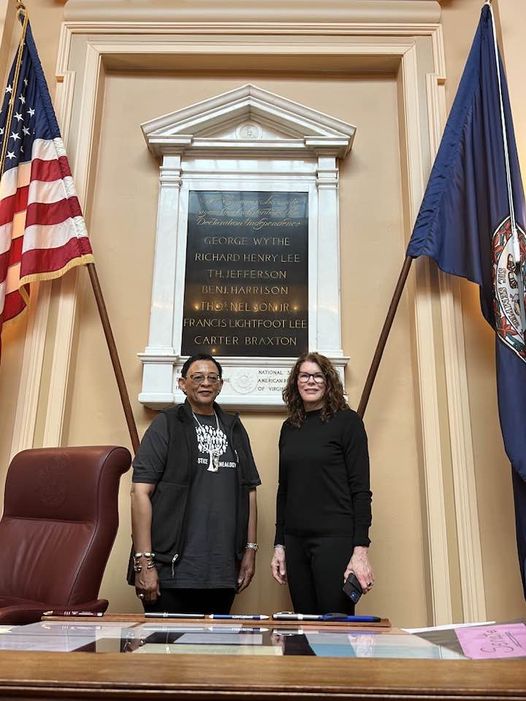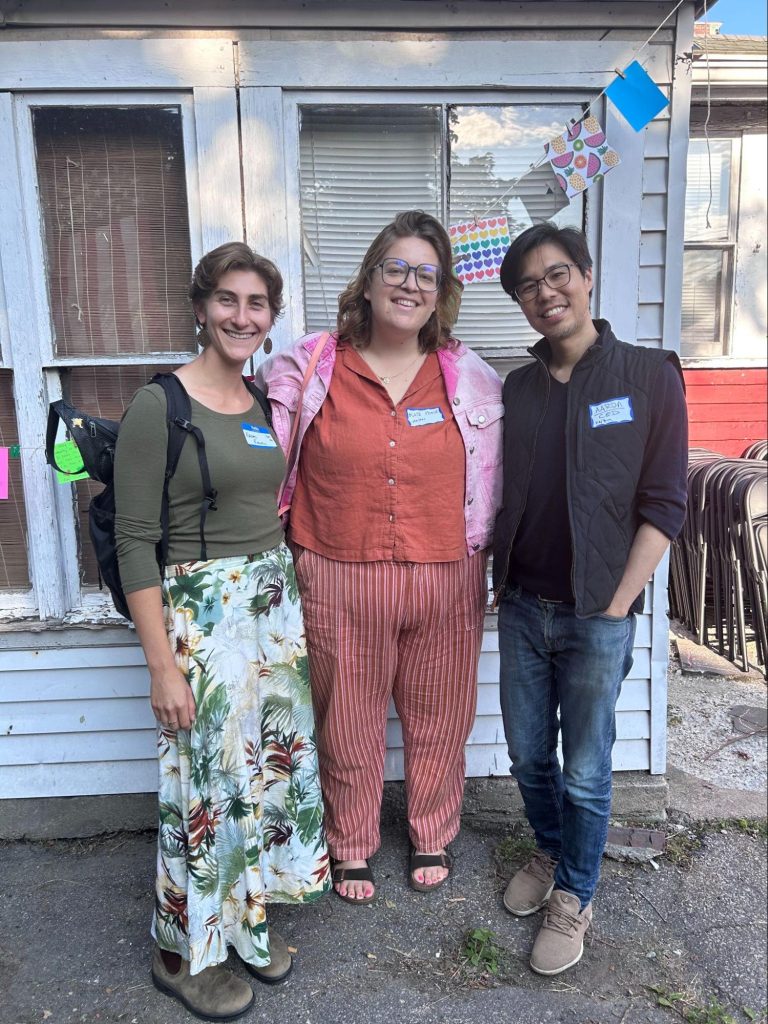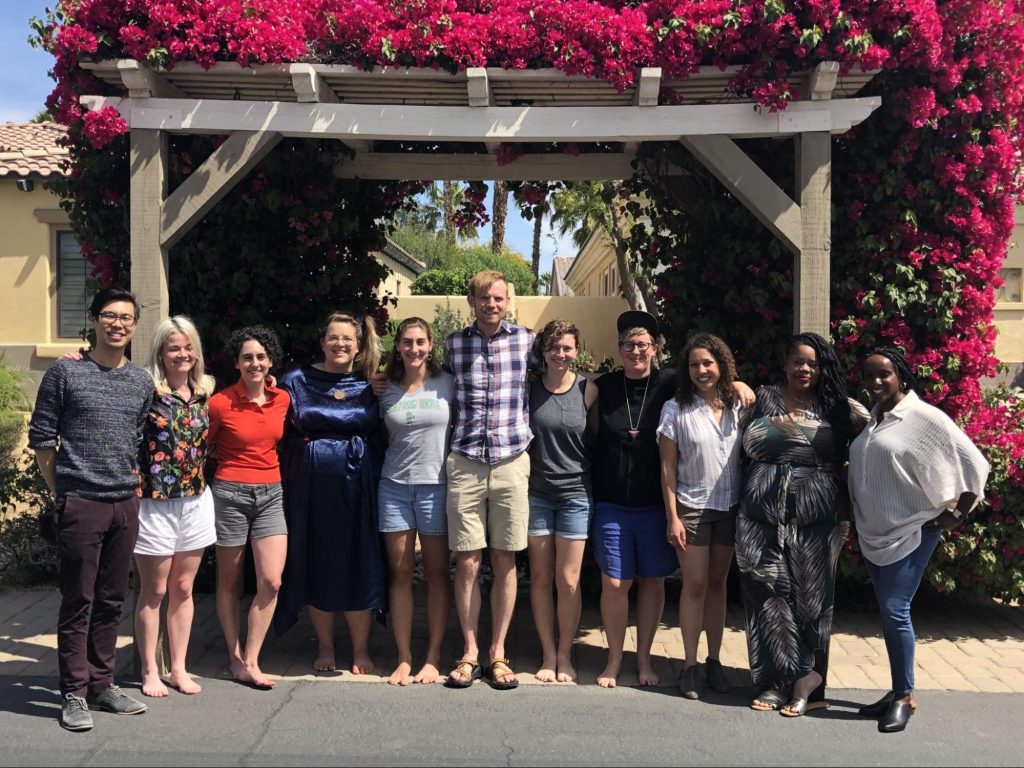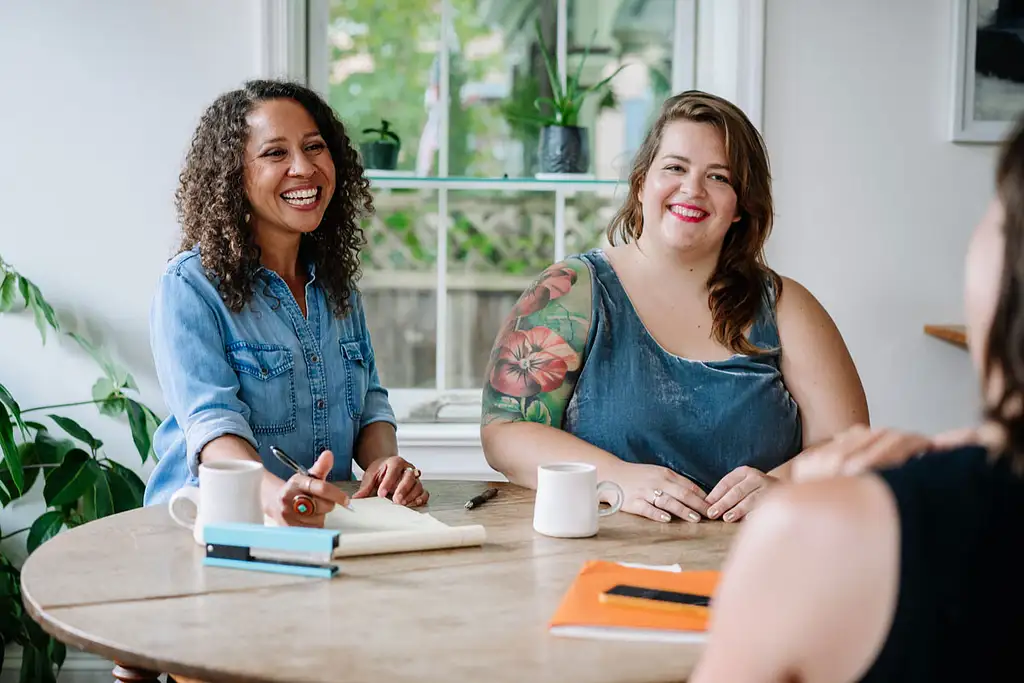Allison has been a Chordata client for 3 years, and we have been so inspired and moved by her story of walking the path of repair. We asked Allison to share more about her journey as a white wealth holder and as a descendant of enslavers. Her story illustrates the ethic of repair that we are guided by at Chordata, and we are grateful to walk this path with her as collaborators.
Tell us a little bit about how you came into access to wealth and what your journey has been thus far around redistribution. What drives you in this work?
I came into wealth late in life due to the sale of several family homes through my divorce and the death of my father. When you sell real estate a lot of capital is freed up. I descend from enslavers in colonial Virginia on my father’s side, which means that my wealth is rooted in enslavement and the legacy of white supremacy today, even though we no longer own a plantation or other assets from enslavement. We are beneficiaries of that system, the legacy of which we still struggle with today. Part of repairing the harm committed by my enslaver ancestors requires that I make personal financial reparations to the extent that I can. I began by taking an alumni praxis with Resource Generation in 2020. Wrestling with my wealth and responsibilities was emotional and draining. Of course, it was not as draining as worrying about how to make rent or put food on the table. I gradually learned to accept and be honest about my wealth. I overcame my inclination to only give away what was tax deductible, and made a commitment to spend down my wealth. Along the way I attended a webinar that featured Kate and Tiffany.
What first drew you to Chordata? What were you seeking, and why?
I learned through the RG program that philanthropy was an insufficient way to redistribute my wealth, so Chordata was a natural next step for me. Kate and Tiffany educated me about investing in the solidarity economy which had immediate appeal for me. I have a high tolerance for risk due to my early career in the tech industry, and encouraged them to find opportunities where my investment horizon of ten years would be helpful. It has been transformative for me to find a team that I can trust to guide me to solidarity economy investments that I would never have found on my own.
How do you connect your radical genealogy work with your investing work?
There are two ways: geographical and issue based. Because my family history traces back to Virginia, I had hoped to concentrate my solidarity economy investments in that state, but there are simply not enough opportunities yet. I hope that many of the innovative programs/financing mechanisms that Chordata has introduced to me will spread to the rest of the country. I’d like to be able to do more of this kind of investing in Virginia, where my ancestors committed the most harm. Above all, I am interested in putting my wealth to work rather than having it sit somewhere earning interest.
In terms of issue-based reparations, I am deeply interested in investing in Black entrepreneurship, housing, worker-owned ventures and land reclamation projects.
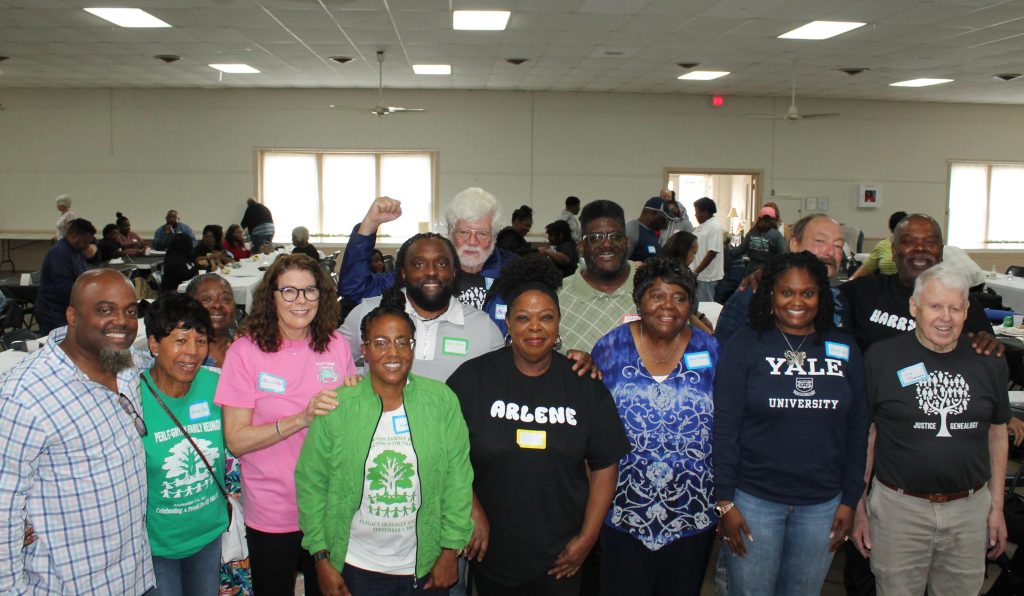
Tell us about your work with linked descendants and Gwynn’s Island. How has it changed over time? How are you relating to it now?
My work excavating my family history of enslavement continues to evolve today. I began working with descendants of people my family enslaved in Mathews County, Virginia in 2016, and ended up spending four years uncovering why the Black community was run off Gwynn’s Island (in that county) in 1916. As a form of repair and healing, my family and I worked with descendants of the Black Gwynn’s Island community on a website to restore the true history of the community, a series of articles and talks (in NonProfit Quarterly, and Reparations4Slavery), a revised history now distributed in the local museum, and family reunions to reconnect ties broken by the exodus. Our third reunion will take place in early October, and we have 150 RSVPs. We did a quick and dirty documentary based on the second reunion you can watch here. We are also working with the State of Virginia to install a historic marker restoring the history of this vibrant community.
I have also embarked on a justice genealogy project related to my 7th great-grandfather who signed the Declaration of Independence. Oral history in the Black community claims that Braxton fathered a child with an enslaved woman, and that he freed both. In 2022, I teamed with two Black linked descendants of Carter Braxton, one who descends from Carter’s illegitimate son, and another who descends from a man enslaved by Braxton, and enlisted the help of my white Braxton cousins to reconstruct this family across racial lines. To prove the legacy of sexual exploitation, we are gathering DNA from Black and white Braxtons. The three of us have launched a Facebook page, spoken to the Richmond Free Press, and spoke at the 13th Annual Lemon Project Symposium at William and Mary.
Justice genealogy requires community, both for mentoring and emotional support. I am active with Coming to the Table, founded by descendants of enslavers and enslaved people, especially in their Linked Descendants group, and I recommend that descendants of enslavers join this group when they are ready to dig deeply into their ancestry.
